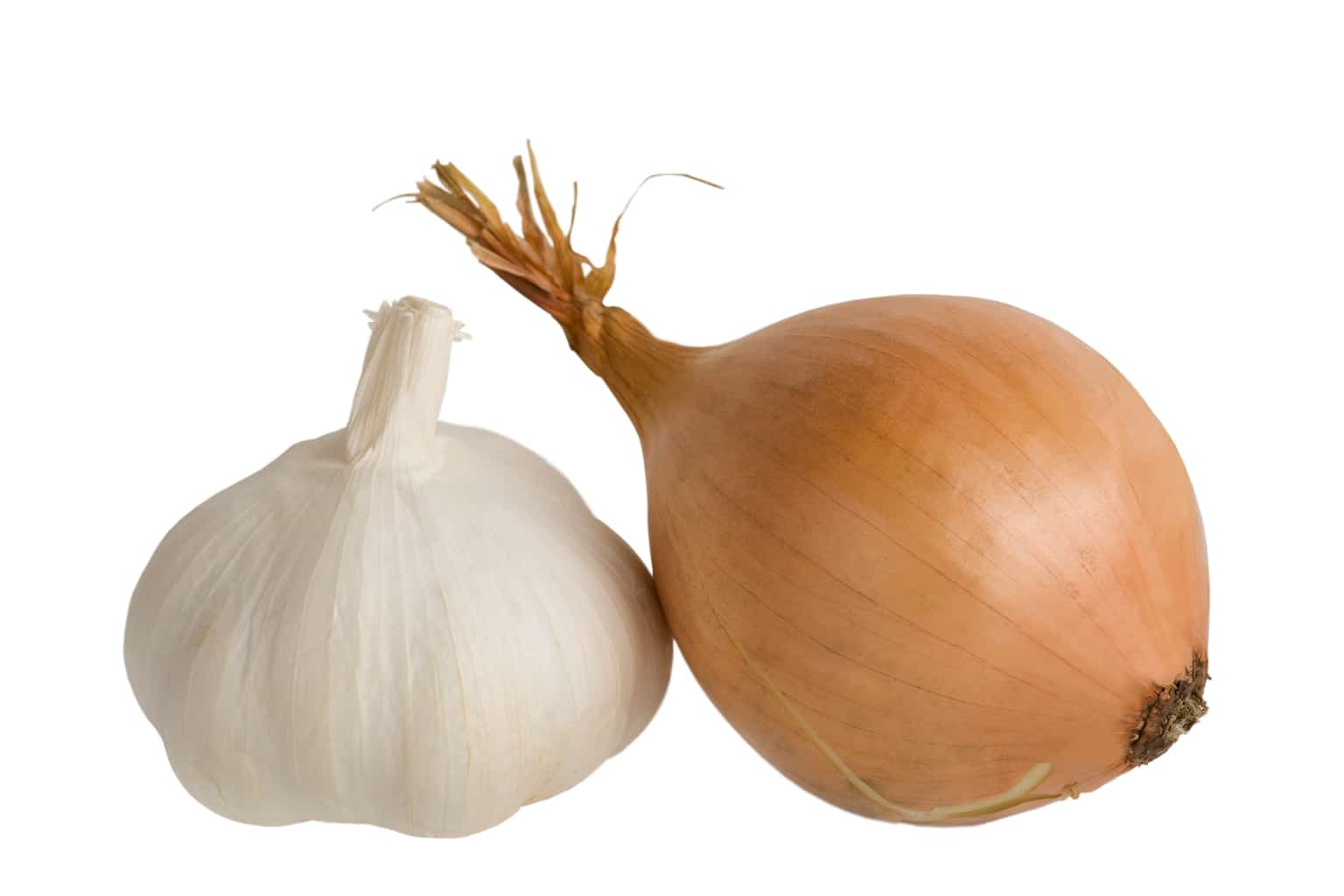
[cmamad id=”9297″ align=”center” tabid=”display-desktop” mobid=”display-desktop” stg=””]
If you’ve been reading this newsletter for a while, you know polyunsaturated fatty acids are not safe for human consumption.
Polyunsaturated fatty acids, or PUFAs, are found in all kinds of supposedly healthy oils.
They’re in canola, flaxseed, soybean, safflower, corn oil, and so forth.
And yet many people continue to cook with these dangerous oils.
They continue consuming them in salad dressings and mayonnaise.
In this newsletter, I wanted to show you what you can do if someone in your household is still using these oils.
There is a way to make them safe when you’re cooking with them.
First, you have to understand that cooking with any PUFA type oil makes them more hazardous.
When you cook with them, it produces dangerous compounds called acrolein.

Acrolein is a highly toxic and cancer-causing chemical produced when vegetable oils are heated.
In this study, they tested what happens when vegetable oils get heated.
[cmamad id=”9298″ align=”center” tabid=”display-desktop” mobid=”display-desktop” stg=””]
And they found that the polyunsaturated fatty acids produced significant amounts of acrolein.
There was a good correlation between the level of acrolein and linolenate (18:3n-3) in the vegetable oils.
Vegetable oils consist of many types of unsaturated, monounsaturated, and some saturated fats.
But it is the unsaturated fats, linolenic acid, that produce the acrolein when heated.
If you’re going to cook with oil, it is best to use either pure butter or coconut oil.
Butter and coconut oil are mostly saturated.
There’s only a small amount of unsaturated fat in them.
And they don’t create acrolein when you heat them.
Some people think cooking with olive oil is a good idea, but it’s not.
Olive oil is about 15% unsaturated — which are the fats that produce this acrolein and other toxins when heated.
This is why I would never get those newfangled potato chips cooked in olive oil.
They are not safe.
If you are going to fry, you want to fry in coconut oil if possible.
But again sometimes we do not control the person who is cooking our house.
Here is a very interesting study that shows how to lower levels of toxins when cooking in PUFAs.

This study showed some very important things about eating heated oil.
Keep in mind that when you eat in a restaurant, they reuse the oil that is in their fryers.
So, you are eating oil that has often been heated again and again, the worst kind.
This is one reason why I strongly encourage you to eat at home.
Rats fed with diet containing heated oil for a period of four weeks showed significant elevation in the serum levels of alanine aminotransferase (ALT) and aspartate aminotransferase (AST).
If you have gotten a blood test recently, you may recognize ALT and AST as liver enzymes.
When you have elevated levels of these in the blood, it means the liver is spilling these enzymes into the blood.
There can be several reasons for it, but the reasons usually are some problems in the liver.
In this case, the problem is cooking oil.
The rats eating the heated oil developed liver problems, which showed up as elevated liver enzymes in their blood.
The researchers speculate about the reasons for the elevated liver enzymes in the rats:
This might be as a result of cellular damage caused by peroxides and other lipid oxidation products which allowed the enzymes to leak out from the tissues.
The researchers then heated oil in a mixture of a little garlic and a little onion.
Then they fed this onion and garlic with heated oil to a group of rats.
They found that rats eating this combined oil did not have as elevated liver enzymes.

So first, I still recommend coconut oil for cooking.
But if you do need to use a vegetable oil, it’s best to use a little onion and garlic when cooking.
The onion and garlic seem to have a protective effect when you’re heating oil.
But keep in mind that oils still cause some liver and metabolic problems.
It’s really best not to use PUFA oils at all.
But if someone does cook with them in your house, see if they can do so at lower temperatures, and with onions and garlic.

https://link.springer.com/article/10.1007/s11746-013-2242-z
Protective role of onion and garlic on physicochemical alterations and toxicity of heated soybean oil
https://www.ajol.info/index.php/ajb/article/view/57993/46356

Leave a Reply